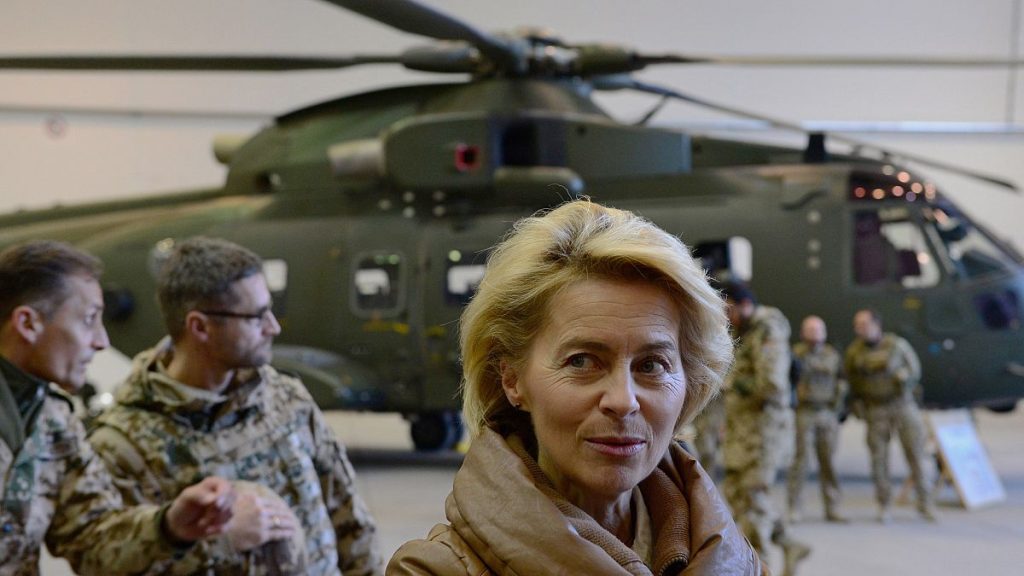European Commission President Ursula von der Leyen has made defence a key focus of her campaign for a second term in office, highlighting the need for Europe to wake up to the dangerous world around them. The EU has long been seen as a peace project, but recent events, including Russia’s aggression against Ukraine, have raised awareness of the need for stronger military capabilities. With potential changes in US support for European security, EU governments and their electorates are recognizing the need to strengthen military spending, with many NATO members expected to meet the 2% of GDP target by 2024.
While some may argue for the establishment of an EU army, the focus for now seems to be on boosting the long-neglected European defence industry. The sector currently relies heavily on non-EU providers for military purchases, revealing significant shortcomings in production capacity. Efforts to stimulate the domestic defence industry have been hindered by legal, political, and financial challenges, including a lack of coordination in procurement and production. Despite discussions around creating an effective single European defence market, significant funding gaps remain a major hurdle for progress in this area.
In the face of mounting threats and challenges, EU defence policy is likely to build on existing projects geared towards boosting demand through common procurement and stimulating ammunition supply. However, the failure to achieve a target to send Ukraine a million shells has underscored the need for more strategic planning and better coordination among EU member states in the realm of defence. Efforts to regulate and harmonize the defence market have not yielded the desired results, prompting calls for increased funding, potentially through mechanisms such as a proposed €100bn fund or European defence bonds.
As the EU grapples with the need to bolster its military capabilities, the dynamics of national interests among member states and hurdles like treaty restrictions and budget constraints continue to impede progress. The recent establishment of the €5bn European Peace Facility highlighted the challenges in reaching consensus on defence spending priorities, with concerns about administrative burdens and lack of transparency. While efforts are being made to enhance institutional structures, such as appointing a new defence commissioner, the EU’s track record in tackling defence challenges remains mixed, with potential rightward shifts in the European Parliament further complicating the landscape.
On the transatlantic front, Washington’s stance on European defence projects has shifted over time, with recent signals of more support for a more active Europe in matters of defence. The upcoming US presidential elections could have implications on US views towards European defence initiatives, with incumbent Joe Biden seen as a transatlanticist, while President Trump’s approach may differ significantly. Despite potential changes in US leadership, the necessity for Europe to prioritize its defence transformation remains a critical imperative, independent of external factors. The long-term necessity of strengthening Europe’s military capabilities persists, regardless of US election outcomes, as EU states work towards addressing geopolitical threats that have been overlooked in the past decades.


